Intertwined with the anti-apartheid movement in South Africa, he became a 21st inspiration and hero – but leadership was not a path he thirsted for.
Madiba – as he is known to his tribe – became a reluctant face of ANC‘s fight for equality during the 70s and 80s. Mandela, as a young, passionate man who wanted a democratic future for his country, did not foresee himself as someone who would become a global icon.
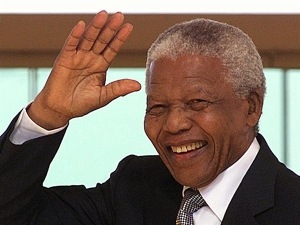
Photo: worldnews.nbcnews.com
In fact, it was a decision by his friend and fellow prisoner in Robben Island in 1978 that put the light of the international media on Mandela’s kind face. Mandela’s story was used to personalize a political campaign; not a position he sought for himself. Just one of the many ways that made Mandela so unique and so emotive as a leader.
Globally, Mandela’s appeal was a slow burn (we’ve been repeatedly reminded how then Prime Minister, Margaret Thatcher, considered the ANC a terrorist group). To put it bluntly as Trevor Phillips, the former Chairman of the Equality and Human Rights Committee and chairman of the Free Nelson Mandela Committee in the UK said “Let’s be frank about it, it wasn’t until the 1980s that Mandela became fashionable.”
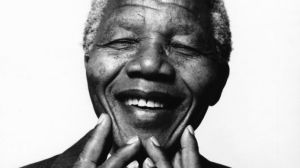
Photo: sootoday.com
Madiba endured 27 years in prison because of apartheid (the word literally means “apart” in Afrikaans) prisons and with incredible magnificence, bore no bitterness as a result of this injustice. Mandela instead urged his country to seek a future of understanding and co-operation rather than the days of repressing, subjugation and hatred.
His sincerity in his goal for his country was so sincere, it was impossible not to see it and be drawn to it; people liked Mandela not only for what he stood for, but how he stood for it; with fairness, peace, majesty and kindness.
Although he will forever be associated with the ANC, Mandela was not afraid to voice opposition to his party – agreeing publicly with the findings of the Truth and Reconciliation Committee during his Presidency, despite the ANC strongly opposing some points and with the establishment of Africa’s first rural AIDS treatment site by his foundation.
When Mandela emerged from prison in 1990 and then left his presidential office in 1994 after one term, he demonstrated the power of peace. How battles are not won by the cacophony of corpses, but by the actions that show you want a change for the better.
Mandela inspired a generation of South Africans. The current youth of South Africa grew up with stories and images of Mandela, but politically, he has not been as large an influence in their lives as he had been for their predecessors. South Africa in 2013 is struggling, but in different ways to Mandela’s struggle; unemployment is a massive issue for young (and old) South African’s and is the issue that is felt on a daily basis by the people who’s political freedom was achieved, thanks to Mandela.
That is not to undermine the struggles which the country faces today; but economics now looms largely.
Mandela will never be forgotten, because inspiration is the purest form of immortality. His actions, his words and his teaching will resound with future generations. His humanity was what defined him from other political leaders. He made an impression on those of us physically untouched by the struggles of his country .
Hero, leader, icon. A beautiful human being. RIP Mandela.
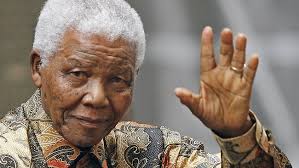
Photo: pravmir.com

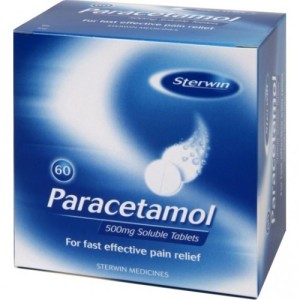















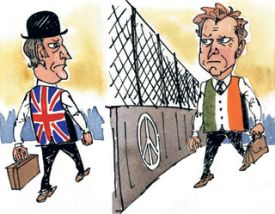
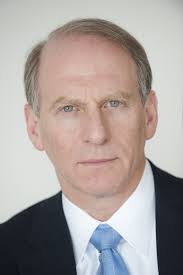
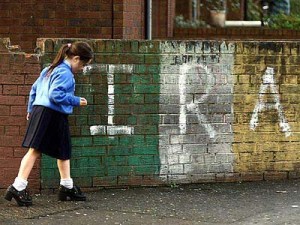



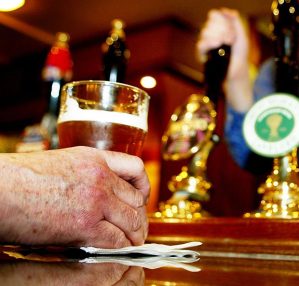
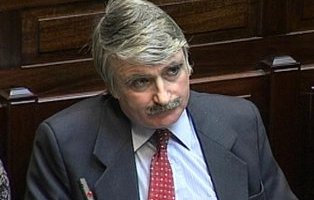
Recent Comments